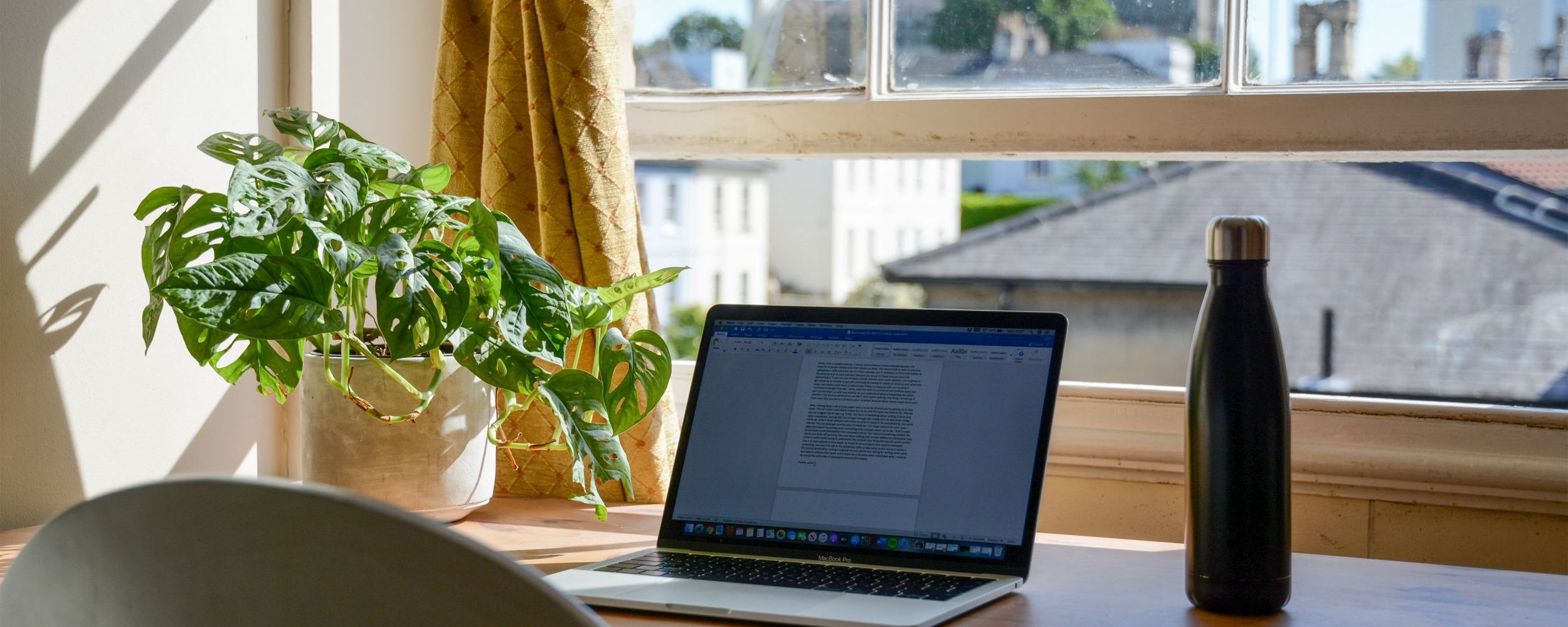Opening the Door to Home Office Deductions
03 June 2022
Are you a business owner working from home as a sole proprietor or an entrepreneur with a home-based side gig? As long as you meet certain requirements, you may qualify for sizeable home office deductions, including write-offs attributable to everyday household expenses.However, you may be in for an unpleasant tax surprise when you sell your home in the future, due to "recapture" of depreciation on a home office. (See "Beware of the Recapture Provision" section.)
When Tax Opportunity Knocks
To qualify for a home office deduction, you must use at least part of your home regularly and exclusively as either:
- Your principal place of business, or
- A place to meet or deal with customers, clients or patients in the normal course of business.
In addition, you may be able to claim deductions for maintaining a separate structure — such as a barn or shed — where you store products or tools used solely for business purposes.
Notably, "regular and exclusive" use means you must consistently use a specific identifiable area in your home for business, although incidental or occasional personal use won't necessarily disqualify you. Also, you don't have to cordon off the area used for business purposes. However, this may be helpful when a room is also used personally for other reasons.
When evaluating whether your home office is your "principal place of business," the IRS could challenge deductions if you work at multiple locations. However, your home office will qualify as your principal place of business if it's used regularly and exclusively for administrative or management activities, and you don't have any other fixed location for conducting these activities. This may affect taxpayers in a wide range of professions and industries, including physicians, architects, interior designers and plumbers.
How the TCJA Changed Home Office Deductions
Suppose you've been working remotely from home during the pandemic as an employee for a company. Previously, people who itemized could have claimed home office deductions as a miscellaneous expense, subject to the 2%-of-AGI rule, if the arrangement was for their employer's convenience.
But the Tax Cuts and Jobs Act (TCJA) suspends miscellaneous expense deductions for 2018 through 2025. So, employees currently get no personal tax benefit if they work from home. On the other hand, self-employed individuals still may qualify if they meet either of the tax law requirements.
Direct and Indirect Expenses
If you qualify for home office deductions, you can write off the full amount of your direct expenses and a proportionate amount of your indirect expenses based on the percentage of business use of your home.
Indirect expenses include:
- Mortgage interest,
- Property taxes,
- Utilities (such as electric, gas and water),
- Insurance,
- Exterior repairs and maintenance,
- Home security system fees, and
- Depreciation or rent under IRS tables.
Important: If you itemize deductions, mortgage interest and property taxes may already be deductible. If you claim a portion of these expenses as indirect home office expenses, the remainder is deductible on your personal return. But you can't deduct the same amount twice as a personal itemized deduction and again as a home office expense.
Calculating Your Deduction
Typically, the percentage of business use is determined by the square footage of your home office. For instance, if you have a 3,000 square-foot home and use a room with 300 square feet as your home office, the applicable percentage is 10% (300 divided by 3,000). Alternatively, you may use any other reasonable method for determining this percentage, such as a percentage based on the number of comparably sized rooms in the home.
For example, say you use a room comprising 10% of your home as an office for your business. You spend $5,000 to have the home office painted and carpeted (direct expenses), and you incur another $10,000 in indirect expenses for the entire home. In this case, you can deduct $6,000 [$5,000 plus (10% of $10,000)].
How to Apply the Simplified Method
Keeping track of indirect expenses is time-consuming and tedious. Some taxpayers prefer to take advantage of a simplified method of deducting home office expenses. Instead of deducting actual expenses, you can claim a deduction equal to $5 per square for the area used as a home office, up to a maximum of $1,500 for the year. Although the simplified method takes less time to apply than tracking your actual expenses, it generally results in a significantly lower deduction than writing off actual direct and indirect expenses.
Going back to the previous example of an office comprising 10% of the home, the simplified method would give you a home office deduction of only $1,500. That's much less than the $6,000 home office deduction that you would have received by tracking actual expenses.
Beware of the Recapture Provision
If you eventually sell your principal residence, you may qualify for a tax exclusion of up to $250,000 of gain for single filers ($500,000 for married couples who file joint returns). But there's a catch: You must recapture the depreciation attributable to a home office for the period after May 6, 1997. The recaptured amount is taxable at a 25% rate, which is higher than the maximum long-term gain rate of 20%.
Also, the little-known recapture provision technically applies to "allowed" or "allowable" depreciation, so it's imposed on a home sale even if you haven't claimed depreciation in the past. However, there's no recapture if you use the simplified deduction for claiming home office expenses. This is another factor to consider when deciding whether to deduct your actual home office expenses or to use the simplified method.
Deciding What's Right for Your Home-Based Business
Do you qualify for a home office deduction? If so, what's the optimal method for computing your deduction? Contact your tax advisor to address these and other questions related to deducting home office expenses and other self-employed write-offs.
